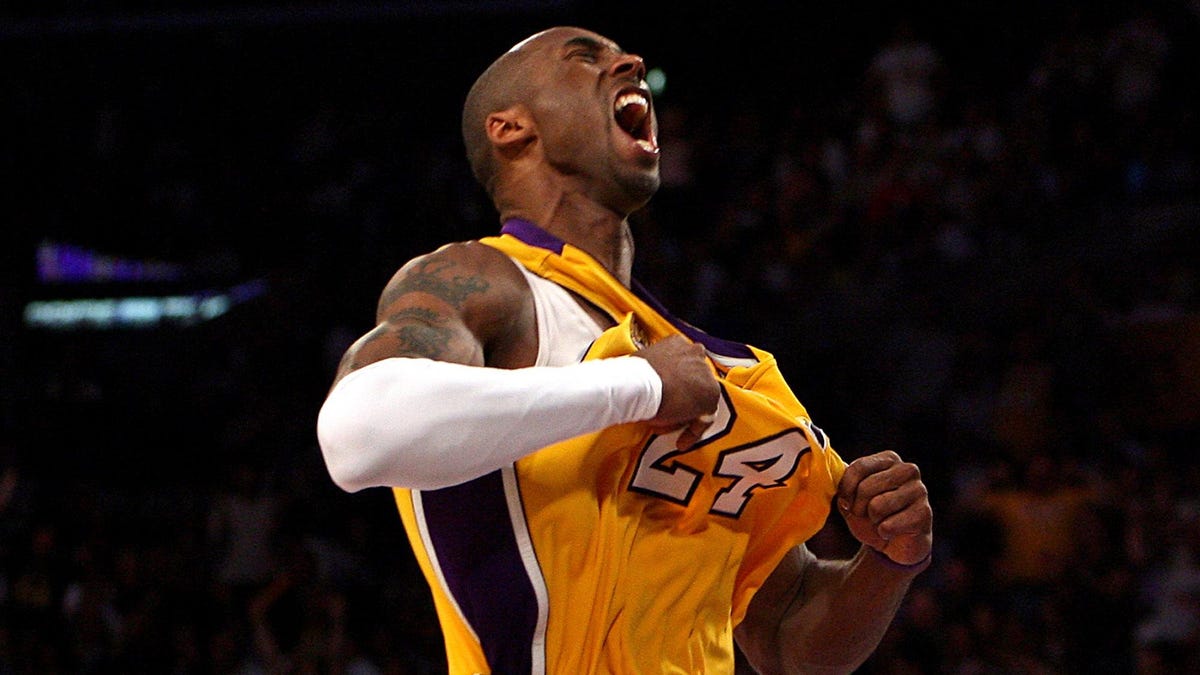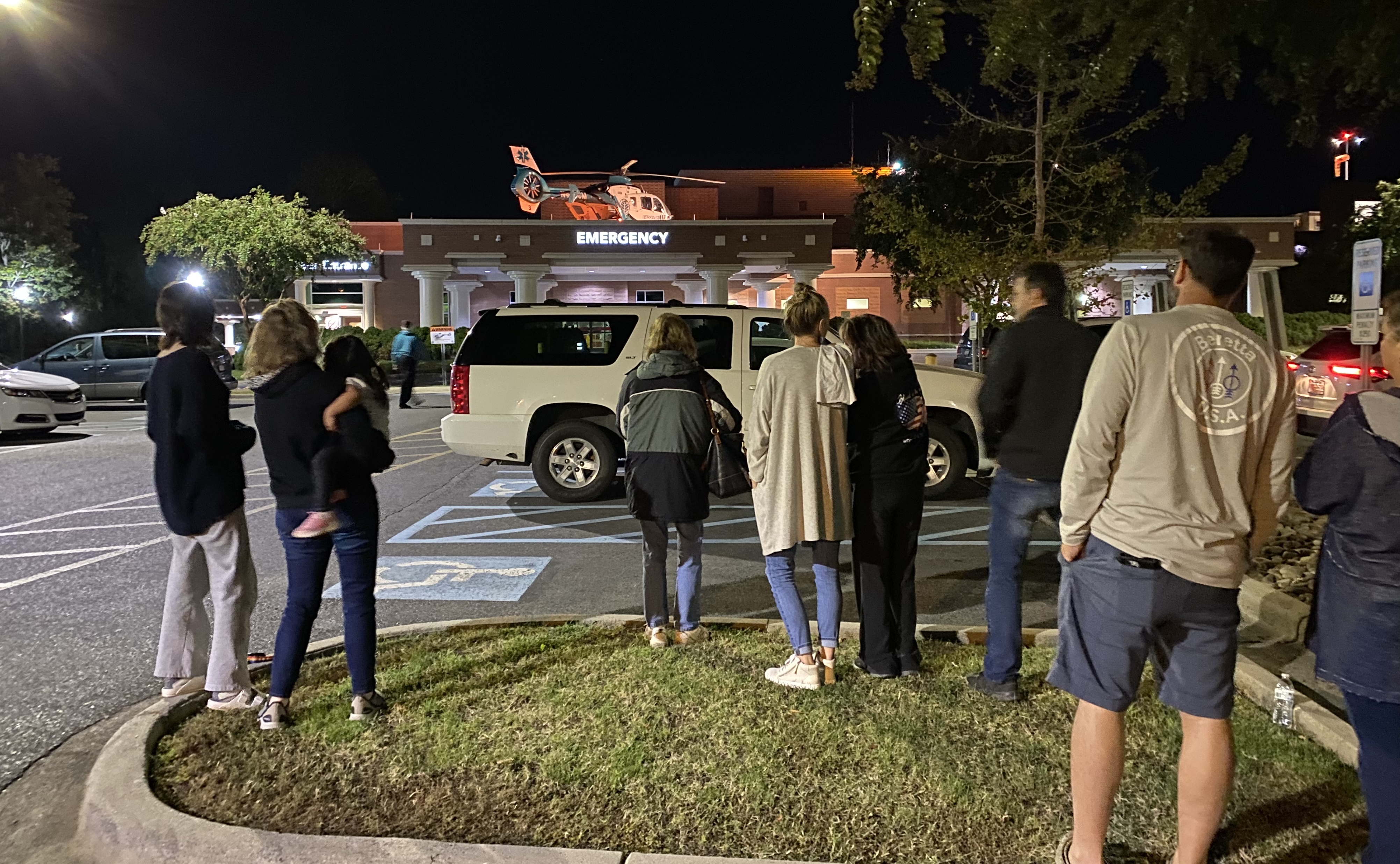
This past Sunday was just an ordinary day. I got up early, spent time with Jesus, and then went to church to hang out with a bunch of awesome people and talk with them about Jesus. Lunch afterward with more conversations and then finally, home.
Sunday afternoons in our house are pretty similar week to week: I update the podcast and work on some of the post-production of the message video while the B99 naps. Yes, she loves that it works out that way! This week followed the same script until she got up and greeted me with, “Did you hear about Kobe Bryant?”
The B99 is actually pretty current on popular athlete names, but if I was compiling a list of the Top 100 questions Wendy would ask me after an afternoon nap, that one isn’t on it.
“No.”
“He died in a helicopter crash.”
We turned on YouTube TV and spent 20 minutes or so watching the same footage of smoke rising from a hillside over and over and over again.
I could have cried. Maybe I did. I felt an overwhelming sense that I had lost something and yet, I didn’t. Did I? I’ve spent the better part of the week wondering about that. Wondering why the death of someone I’ve never met could affect me so deeply? Why so many others were feeling the same way about the same person that they’d never met, either? Why a kid wearing #24 and hitting the game-winning shot could cause such a massive eruption of cathartic cheering in a gym full of people who didn’t know the Laker who wore that number?
As I slipped out the door early this morning for a quick 4-mile run, I’m not sure I was any closer to the answers to those questions. I think I actually had more to ask. What allows us to be so close to death that we are shaken and yet just as quickly return to lives as normal? How can we live each day as if it’s our last without being overwhelmingly morbid? I mean, come on. If this was my last day, I’d be hugging my family and never letting go. No school. No work. No ministry. Just one long, increasingly awkward group hug.
But then it happened. Toward the end of my run, I heard a familiar voice in my AirPods. It was TobyMac and he was singing “21 years” – a song he wrote as he wrestled with the death of his son, Truett. It’s a song full of questions – more questions than answers – and the last 2 lines hit me hard:
God has you in heaven
But I have you in my heart
Why does death affect us so deeply? Because it hits us in the heart and in the process reveals something in our hearts that we often try to ignore: eternity.
Yet God has made everything beautiful for its own time. He has planted eternity in the human heart, but even so, people cannot see the whole scope of God’s work from beginning to end.
(Ecclesiastes 3:11; emphasis mine)
Death reminds us that we have a time that is our own time, a period of days, weeks, months, and years in which we have to come to grips with eternity. And death reminds us that all of that is bigger than any one of us: famous athletes, aspiring rappers, or the 151,600 other mostly unknown people who will die around the world today.
Life is a gift, but death can be, too, especially when it reminds us that we only have a limited time to deal with the fact that we only have limited time.
[Tweet “Life is a gift, but death can be, too, especially when it reminds us that we only have a limited time to deal with the fact that we only have limited time.”]
I hurt for TobyMac and his family and I’ve never met them. I hurt for Vanessa Bryant and her girls even though I’ve never met them. I hurt for the families of the other people who lost their lives last Sunday on a helicopter in the fog. I’m sure you do, too.
But let’s not waste their pain and their loss by only rubber-necking their tragedy for a news cycle. Instead, let’s take the moment that we’ve been given – this eye-opening, heart-rending, eternity-realizing moment – and change the way we live for however much longer we live.
[Tweet “Death can help us change the way we live for however long we live.”]
If we do that – if we live lives to our fullest potential and for God’s greatest glory – then maybe Kobe’s death will actually become his greatest assist.









Leave a Comment